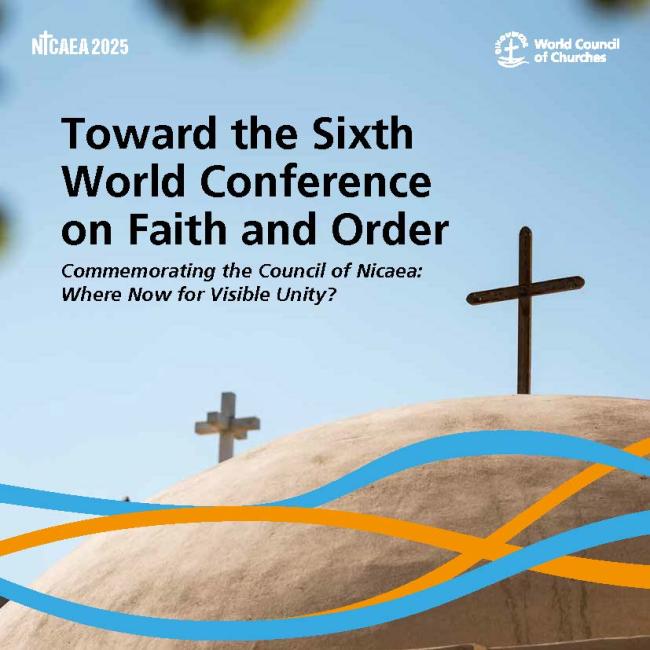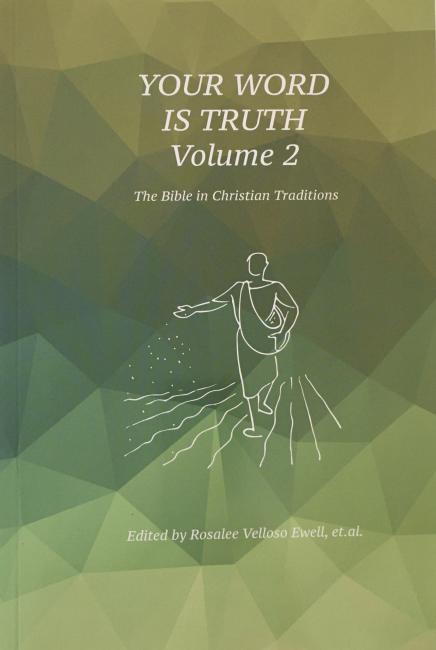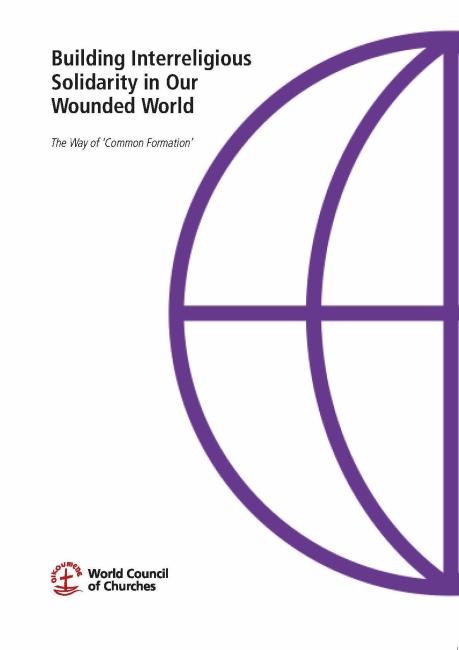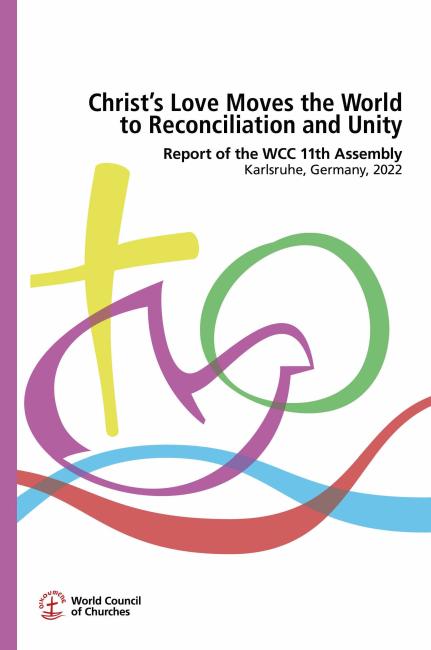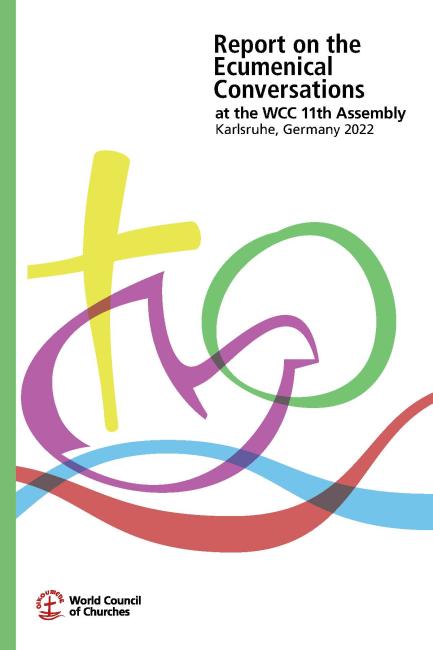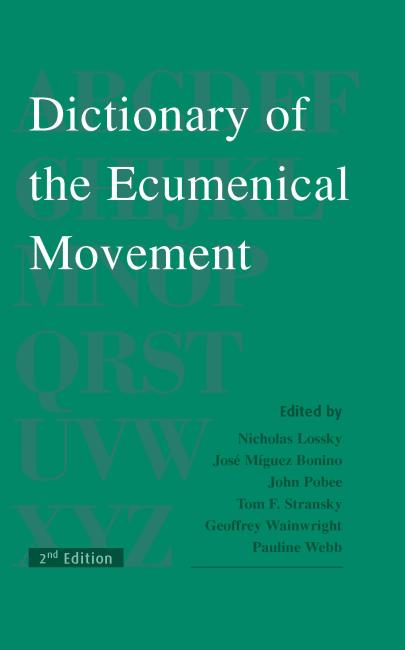Displaying 1 - 20 of 134
Compendium of Promising Practices of African Faith Community Interventions against Paediatric and Adolescent HIV
Executive Summary
23 March 2024
Welcome to the Ecumenical Centre
24 February 2024
Toward the Sixth World Conference on Faith and Order
Commemorating the Council of Nicaea: Where Now for Visible Unity?
24 February 2024
Towards a Global Vision of the Church, Volume II
Explorations on Global Christianity and Ecclesiology, Faith and Order Paper 239
27 November 2023
Ahead of Her Time
Pan-African Women of Faith and the Vision of Christian Unity, Mission, and Justice
01 November 2023
A Guide for Churches on the Prevention of Obstetric Fistula
26 October 2023
Recommended Practices to Combat HIV-Related Stigma
A Guidebook for Local Faith Communities
05 October 2023
Faith Sector Implementation of the Global AIDS Strategy
05 October 2023
Ecumenical International Youth Day 2023 Toolkit
Young People and Their Voices from the Warzones
26 July 2023
HIV and AIDS Civil Society Networks and the Faith Sector
Lessons Learnt from Strategic Engagement in India, Dominican Republic, Indonesia, and Jamaica
31 January 2023
Dictionary of the Ecumenical Movement (2nd Edition)
28 November 2022
Towards a Global Vision of the Church Volume I
Explorations on Global Christianity and Ecclesiology, Faith and Order Paper 234
14 November 2022
Health-Promoting Churches Volume III
Contextual Bible Studies on Health and Healing
04 September 2022




